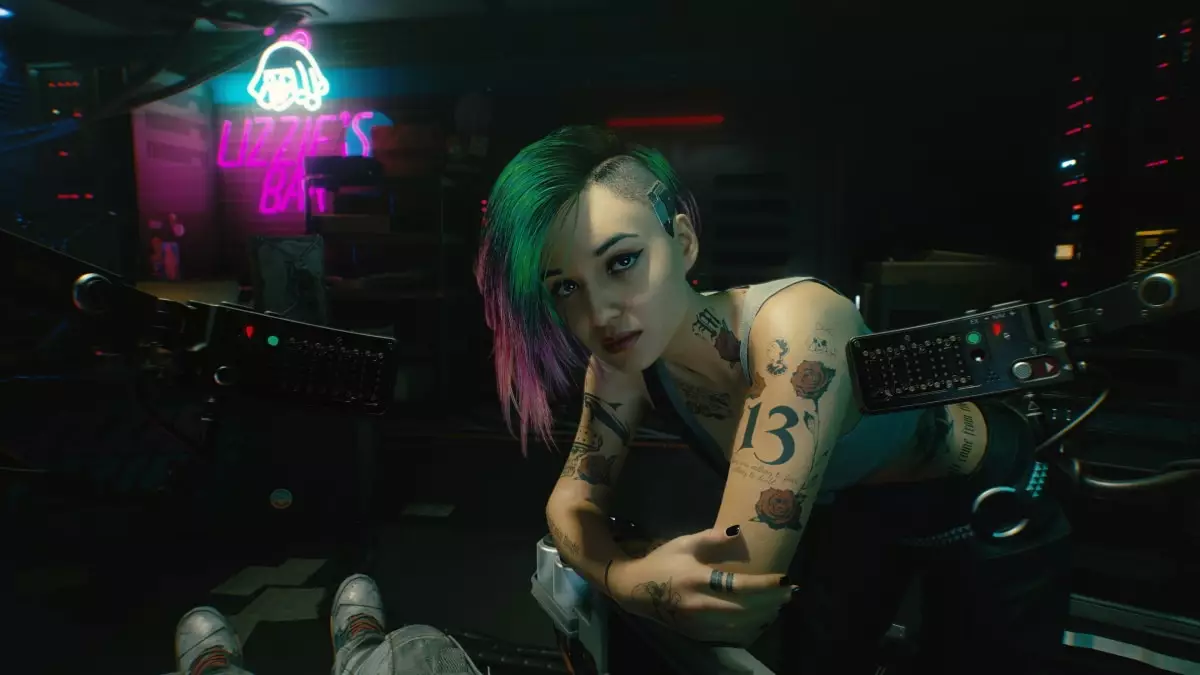When *Cyberpunk 2077* launched on December 10, 2020, the anticipation was palpable. Fans expected an immersive RPG experience from CD Projekt Red, renowned for their stellar work on *The Witcher* series. Instead, what delivered fell notably short of expectations, plagued by game-breaking bugs and performance issues, particularly on older consoles. The reception was so overwhelmingly negative that it caused the developers to issue apologies, recall physical copies from retailers, and promise a commitment to fixing their errors. However, as of 2024, the saga seems to have taken a different arc with the announcement of Update 2.3.
CD Projekt Red’s decision to revive the game, despite the tumultuous debut, calls for examination of their shift in strategy. Is this an earnest commitment to rectify past missteps, or is it simply a marketing tactic aimed at salvaging a troubled reputation? The announcement regarding the Switch 2 launch and subsequent updates suggests a company that hasn’t yet extinguished the flame of possibility for *Cyberpunk 2077*. But the question persists: Is it too little too late?
The Power of Updates: Fixing the Unfixable?
The ongoing support for *Cyberpunk 2077* has been impressive in terms of longevity. Following the disastrous launch, CD Projekt Red has rolled out a series of patches designed to address various gameplay issues, while simultaneously adding new features. The recent Update 2.2, for instance, introduced customization options and an enhanced photo mode, signaling a new phase wherein the studio acknowledges player feedback. While this might indicate a genuine desire to improve, there lurks an underlying skepticism. Why did it take several years—and countless frustrated players—for CD Projekt Red to recognize what users wanted?
Recent updates might indeed help polish the title, but they also raise questions about the development process and project management in a studio that once enjoyed a pristine reputation. Was the initial oversight indicative of mismanagement or hubris? After all, *Cyberpunk 2077* holds the dubious honor of being a case study in failed expectations that the public now scrutinizes closely— and rightly so.
The DLC Debate: A Conundrum of Interest vs. Execution
Fans are hungry for further downloadable content (DLC), and the recent hints drop by CD Projekt Red suggest that the studio plans to satisfy that appetite. However, the real question remains as to whether the developer can sufficiently execute on these promises. The previous expansion, *Phantom Liberty*, saw some success, but was it enough to restore confidence in a game that, initially, betrayed players’ investment?
The utterance of another DLC is tantalizing, but it also challenges the studio to sustain the narrative momentum and gameplay quality they previously struggled with. Furthermore, does the commitment to additional content amount to a deeper exploration of a flawed world, or is it merely a band-aid solution to cover the extensive issues that have plagued the franchise since its conception?
A Future Brightened by Dystopia?
Regardless of their past setbacks, CD Projekt Red’s plans for the franchise evoke a potent mix of hope and concern. The announcement regarding *Cyberpunk 2* signifies that the studio is certainly not allowing the shadow of their earlier work to hold back future developments. But the question of whether the lessons learned will translate into actionable change lingers. The gaming community, at large, is restless and wary; skepticism pervades discussions about the title’s future chapters.
As the critical voice of many fans grows increasingly influential, it seems only prudent for CD Projekt Red to heed their concerns. Continuing to deliver robust updates, while adroitly engaging with player feedback, will determine whether the developer can regain the trust they’ve worked so hard to reclaim.
Ultimately, the saga of *Cyberpunk 2077* offers more than just a cautionary tale; it serves as an intriguing lens through which we view the volatile relationship between gamers and developers. The dynamics are changing, and so is the narrative. It’s a fascinating crossroads where public opinion holds substantial sway, a testament to the evolving landscape of video gaming in this new digital age.


Leave a Reply